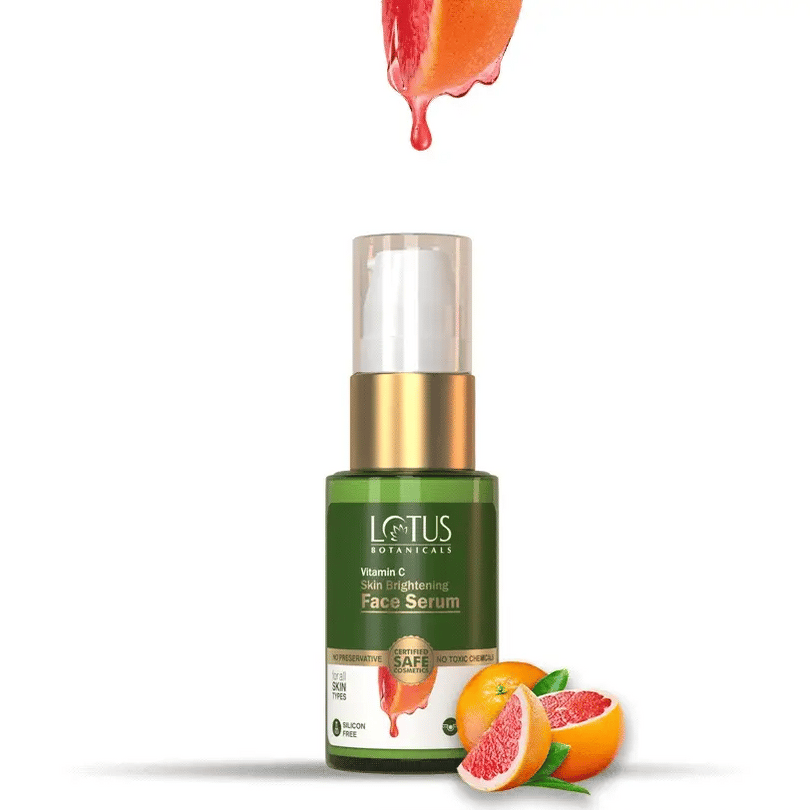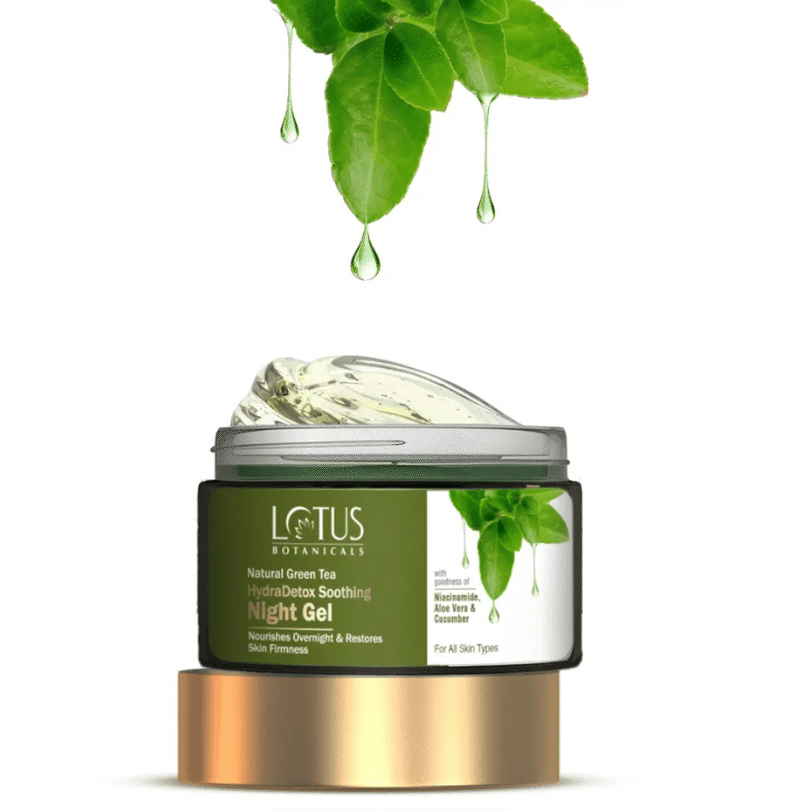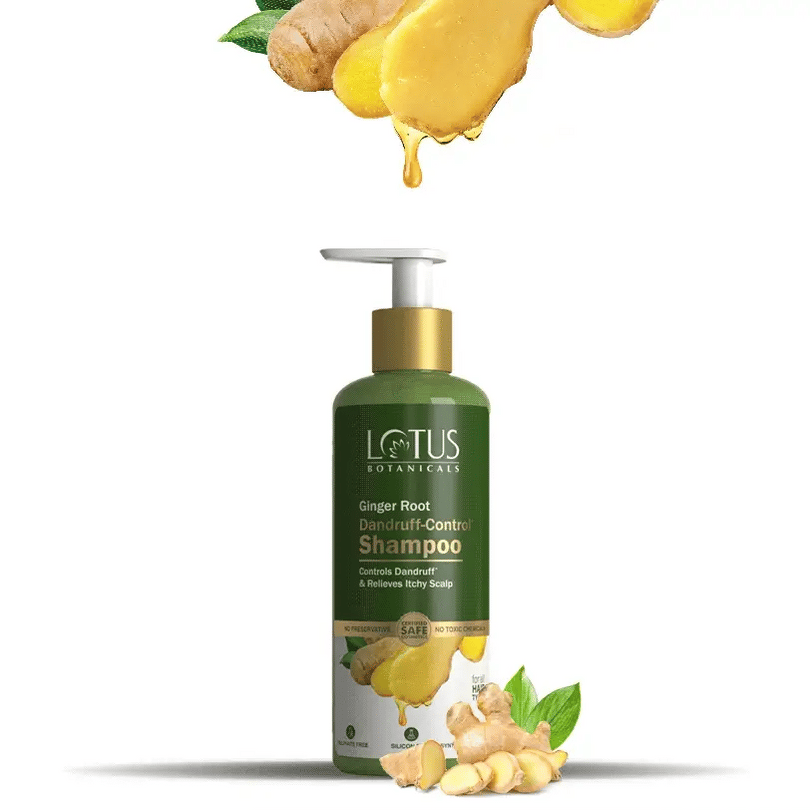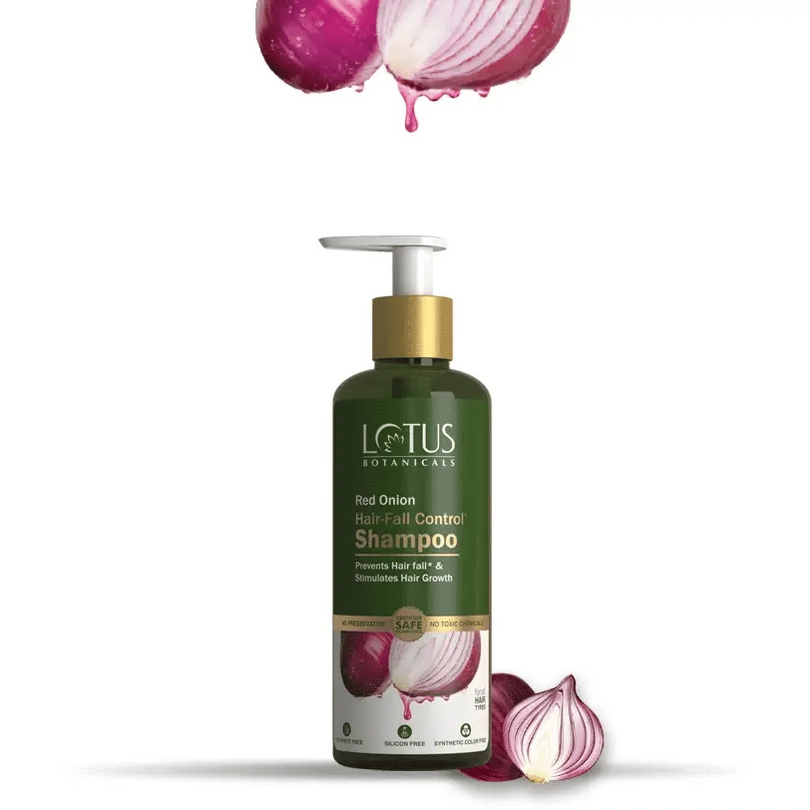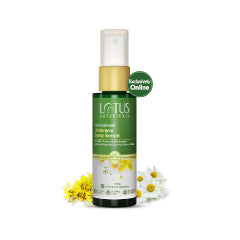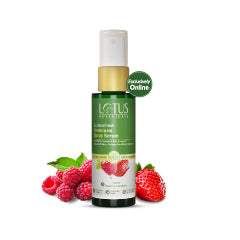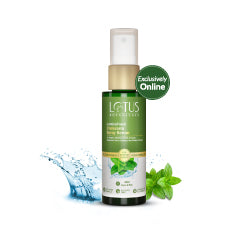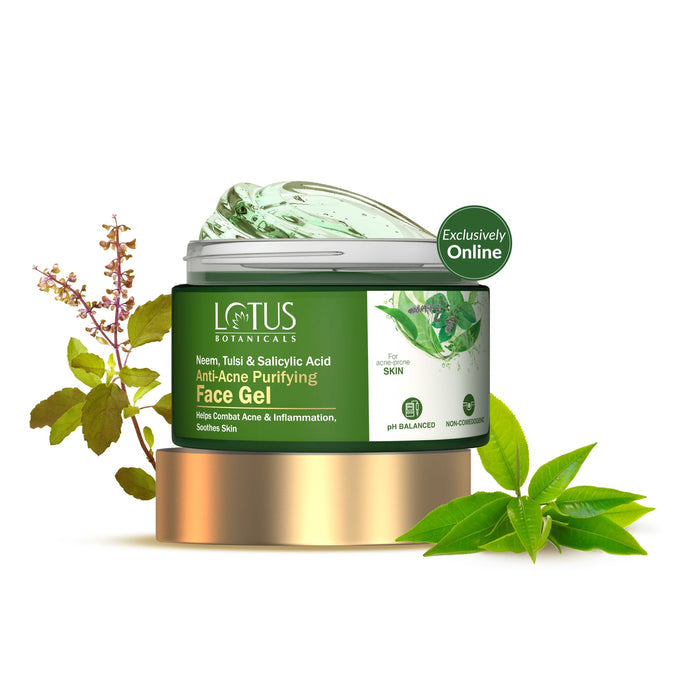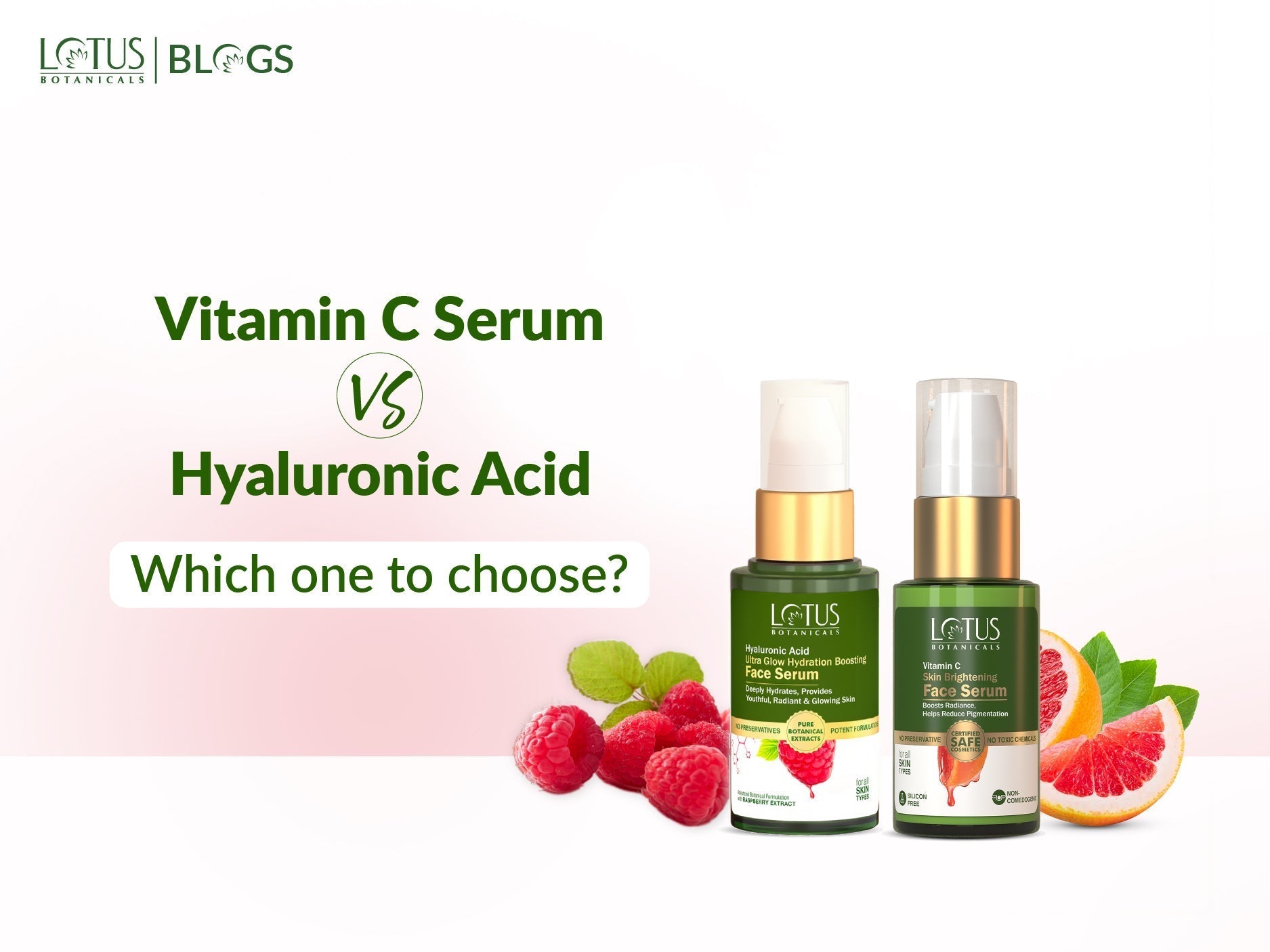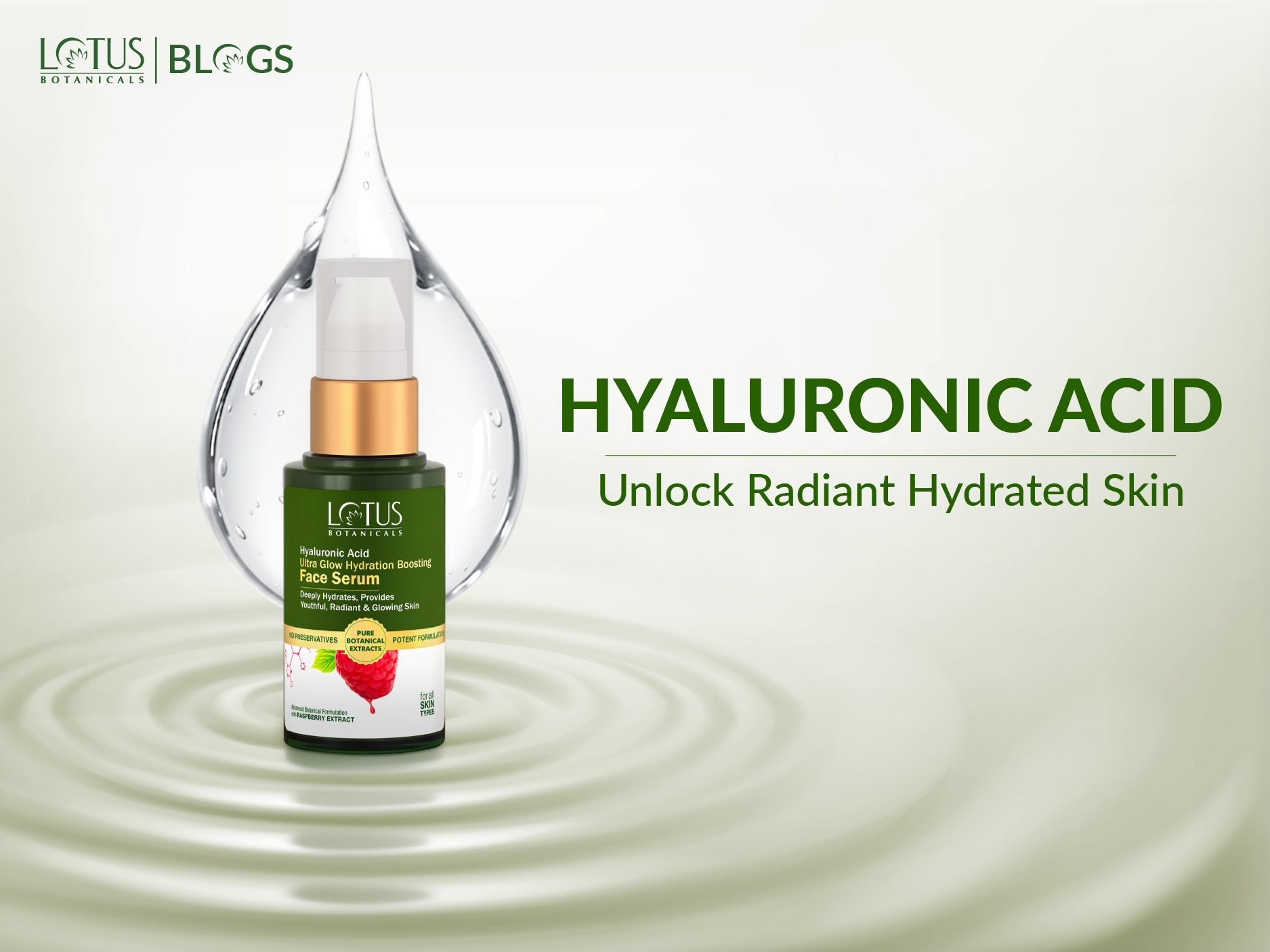
Highlights
-
What are Underarm Products?
-
What are Natural Underarm Products?
-
Common Natural Ingredients in Underarm Products
-
Benefits of Natural Underarm Products
-
What are Chemical Underarm Products?
-
Downsides of Using Chemical Underarm Products
-
Difference Between Natural vs Chemical Underarm Products
-
How to Transition from Chemical to Natural Products
Taking care of your underarms is a bigger deal than most people realize. Every day, millions of us swipe on deodorant or antiperspirant without a second thought.
But have you ever checked what’s actually inside those products? Many regular deodorants have ingredients like aluminum, parabens, and artificial scents—stuff that some experts say could have long-term effects on your skin and health.
That’s why more and more people are switching to natural deodorants. In fact, studies show that about 35% of users now prefer options made with natural ingredients. This means more people are paying attention to what goes on their skin and choosing safer, eco-friendly alternatives.
But do natural options really keep you fresh all day? And what about chemical ones—are they actually bad for you? This guide will lay it all out so you can pick what’s best for you.
What are Underarm Products?
Before we compare natural and chemical underarm products, let’s talk about why they matter. These products help keep your underarms fresh and comfortable every day.
So, there are two main types—deodorants and antiperspirants. Deodorants fight odor, while antiperspirants reduce sweating.
Both play an important role in staying clean and confident. Let’s compare them:
|
Deodorants |
Antiperspirants |
|
|
Purpose |
Controls odor by neutralizing bacteria |
Reduces sweating by blocking sweat glands |
|
How It Works |
Uses antibacterial agents and odor-absorbing ingredients |
Contains aluminum compounds to temporarily block sweat pores |
|
Sweat Prevention |
No, allows natural sweating |
Yes, reduces sweat production |
|
Odor Control |
Yes, fights odor-causing bacteria |
Yes, by reducing moisture where bacteria thrive |
|
Key Ingredients |
Natural options: baking soda, arrowroot powder, essential oils, coconut oil |
Chemical options: aluminum salts, parabens, synthetic fragrances |
|
Skin Sensitivity |
Generally gentler on the skin |
May cause irritation or clogged pores |
|
Health Concerns |
No known risks (natural deodorants) |
Potential links to hormonal disruption and breast health concerns |
|
Best For |
Those who want a natural, chemical-free option and don’t mind sweating |
Those who want to stay dry and prevent sweat stains |
But Deodorants and antiperspirants work? Well, they work in different ways.
Deodorants fight odor. They don’t stop sweating, but they kill bacteria that cause bad smells. Most use alcohol or natural antibacterials to keep underarms fresh. Some also have fragrances to mask odor.
Antiperspirants block sweat. They contain aluminum compounds that plug sweat glands, stopping moisture from reaching the skin. Less sweat means fewer bacteria and less odor. The effect is temporary, so it needs reapplication.
Both products help with body odor, but only antiperspirants control sweating. Deodorants let your body sweat naturally while reducing smell. Antiperspirants keep you dry but may not be needed for everyone.
Your choice depends on what you need—staying dry or just smelling fresh.
What are Natural Underarm Products?
Natural underarm products are deodorants or antiperspirants made without synthetic chemicals. They work by neutralizing odor instead of blocking sweat. Unlike traditional options, they focus on keeping your skin fresh while allowing your body to sweat naturally.
These products rely on plant-based and mineral-based formulas to absorb moisture and fight bacteria. They skip artificial additives like parabens and synthetic fragrances. Many people choose them for a gentler, skin-friendly experience.
Since they don’t stop sweating, they won’t prevent wetness like chemical antiperspirants. However, they help control odor and may be a better choice for sensitive skin. They’re also eco-friendly, as they avoid harsh chemicals that can harm the environment.
Natural deodorants come in various forms—sticks, creams, or sprays—giving you plenty of choices to match your lifestyle and needs.
Common Natural Ingredients in Underarm Products
Using natural ingredients in underarm products is a great way to stay fresh while being kind to your skin. Many common natural ingredients help keep odor away and care for your skin at the same time. Here are a few you’ll often find in these products.
1. Aqua (Water) & Mint
Aqua (Water) is the main ingredient in underarm products, helping to keep the skin soft, smooth, and irritation-free. It also spreads other ingredients evenly, making the product work better.
Take Lotus Botanicals' LuminaFresh Underarm Spray Serum, for example—it’s packed with Aqua and Mint to keep your underarms fresh and moisturized.
On top of that, Mint doesn’t just smell great; it cools the skin and fights odor-causing bacteria. With its natural antibacterial powers, it helps keep you feeling clean all day.
This serum is alcohol-free and free from artificial stuff, making it a great choice for any skin type.
2. Witch Hazel & Chamomile
Witch hazel and chamomile make a great team to keep your underarms fresh and comfy.
Witch hazel tightens the skin and helps control sweat, so you stay dry. Chamomile is super soothing and helps calm any irritation.
Together, they fight sweat and odor while being gentle on your skin.
If you’re looking for a product with these benefits, check out the LuminaFresh underarm spray serum with witch hazel & chamomile from Lotus Botanicals. It keeps odors away, brightens the skin, and is free from alcohol and aerosols—perfect for daily use.
3. Raspberry Extract & Strawberry Extract
The LuminaFresh underarm spray serum by Lotus Botanicals packs the goodness of raspberry and strawberry extracts for fresh, healthy skin.
Raspberry is loaded with antioxidants that keep your skin safe from daily damage, smooth out texture, and help prevent dark spots.
Strawberry, full of vitamins, deeply nourishes the skin, lightens underarm darkness, and leaves a sweet, fruity scent.
These powerful ingredients work together to brighten your underarms and keep odor away, so you feel fresh all day.
Benefits of Natural Underarm Products
Natural underarm products are a great pick for personal care because they’re gentle, effective, and free from harsh chemicals. They help keep you fresh without the worry of artificial ingredients, making them a smart switch for healthier skin.
1. Skin-Friendly Formulations
Natural underarm products skip the harsh stuff like parabens, phthalates, and fake scents, so they’re super gentle and less likely to cause irritation.
Instead, they’re packed with good-for-you ingredients like coconut oil, shea butter, and essential oils.
These not only keep your skin soft but also help fight bacteria, making them a great pick for anyone with sensitive skin or allergies.
2. Environmental Sustainability
Natural underarm products are made with eco-friendly ingredients and care about the planet.
Regular deodorants often have chemicals like aluminum and triclosan that can end up in rivers and oceans, hurting marine life. But natural ones skip those harmful stuff.
Many brands also use packaging that’s easy on the environment, like recyclable or biodegradable materials, so there’s less waste.
When you choose natural deodorants, you're making a simple switch that helps keep the earth cleaner and healthier.
3. Effective Odor Control with Natural Ingredients
Natural underarm products keep you smelling fresh with plant-based ingredients that fight bacteria.
Take Lotus Botanicals' LuminaFresh underarm spray serum—it’s packed with mint extract, a natural bacteria-fighter that kicks odor to the curb.
Unlike chemical-heavy options, these gentle formulas skip harsh stuff that can irritate your skin.
With the goodness of nature, you get a simple, safe, and effective way to stay fresh all day.
4. Prevention of Underarm Darkness
Natural underarm products are a great way to keep your skin happy and healthy.
Regular deodorants and antiperspirants often have strong chemicals and perfumes that can irritate your underarms, sometimes causing dark spots.
But natural options are much gentler and help prevent this.
Some even have ingredients like niacinamide (vitamin B3) that brighten the skin, making sure your underarms stay smooth and even-toned.
5. Cruelty-Free and Ethical Choices
Natural underarm products are great because they don’t involve animal testing.
Brands like Lotus Botanicals make sure their products are cruelty-free, so you can feel good about what you’re using.
People who care about animals love this because it means they’re making kinder choices. With cruelty-free natural deodorants, you stay fresh without supporting harmful testing.
More and more companies are choosing this path, making skincare safer and more ethical for everyone.
What are Chemical Underarm Products?
Chemical underarm products Antiperspirants and deodorants are widely used to manage underarm sweat and odor.
Antiperspirants contain aluminum-based compounds, such as aluminum chlorohydrate, which temporarily block sweat glands to reduce moisture.
Deodorants, on the other hand, do not prevent sweating but contain antimicrobial agents like triclosan to combat odor-causing bacteria, along with fragrances to provide a pleasant scent.
While there are concerns about potential health risks linked to specific ingredients, scientific research has not yet confirmed any definitive harmful effects.
But many people believe that there are certainly some skin related health risks. But what are the risks people often experience? Let’s find out.
Downsides of Using Chemical Underarm Products

Most people use chemical-based antiperspirants and deodorants to stay fresh and sweat-free. They work well, but they do have some drawbacks.
1. Skin Irritation and Allergic Reactions
Many underarm products have stuff like propylene glycol and artificial fragrances that can be rough on your skin.
Propylene glycol helps keep moisture in, but it can also cause irritation or allergic reactions, especially if your skin is already sensitive.
Artificial fragrances are another big problem—they’re one of the most common reasons people get itchy, red, or uncomfortable skin.
If you’ve had skin issues before, it’s a good idea to abstain from it.
2. Concerns About Aluminum Compounds
Aluminum-based ingredients, like aluminum chlorohydrate, help many antiperspirants work by blocking sweat ducts for a while, keeping you dry.
Some people worry these ingredients might cause health problems, like breast cancer or Alzheimer's disease.
But so far, scientists haven’t found solid proof to back up these fears. The American Cancer Society says there’s no clear link between aluminum in antiperspirants and breast cancer. Research hasn’t proven a connection to Alzheimer’s either.
So, even though some concerns exist, studies don’t show strong evidence that these ingredients are dangerous.
3. Parabens and Hormonal Effects
Parabens are chemicals found in many cosmetics and personal care products to keep them fresh longer. But they can act like estrogen in the body by attaching to estrogen receptors.
This has made people worry about possible hormone problems, like issues with reproduction or even a higher risk of breast cancer.
Some studies have even found parabens in breast tumors. But so far, there’s no solid proof that they actually cause cancer.
Some research hints that they might mess with hormones, but scientists still need to do more studies to know for sure.
4. Potential Kidney Concerns
People with serious kidney problems might have trouble getting rid of aluminum from their bodies as it is absorbed through the skin.
Because of this, the FDA requires antiperspirants with aluminum to have a warning. It tells people with kidney disease to check with their doctor before using them.
The concern is that weak kidneys may not remove aluminum properly, and if too much builds up, it could be harmful.
5. Risk of Aerosol Burns
Spraying aerosol deodorants on your skin for too long can be really dangerous.
The gas inside these cans gets super cold when sprayed, which can freeze your skin and cause serious burns, almost like frostbite.
Some kids try the "deodorant challenge," where they spray it on one spot to see how long they can handle the pain.
But this can lead to painful burns, scars, and even hospital visits. In really bad cases, doctors might have to do skin grafts to help the skin heal.
Difference Between Natural vs Chemical Underarm Products
Here's a concise comparison between natural and chemical underarm products:
|
Natural Underarm Products |
Chemical Underarm Products |
|
|
Ingredients |
Plant-based, essential oils, baking soda, arrowroot powder |
Aluminum, parabens, artificial fragrances, preservatives |
|
Function |
Neutralizes odor, absorbs moisture |
Blocks sweat, masks odor with synthetic fragrances |
|
Effectiveness |
Works well for mild to moderate sweating |
Stronger sweat and odor control for heavy perspiration |
|
Skin Sensitivity |
Gentler, less irritation for sensitive skin |
Higher risk of irritation due to chemicals and synthetic additives |
|
Health Concerns |
Free from harmful chemicals, generally safer |
Concerns over aluminum and parabens linked to potential health risks |
|
Environmental Impact |
Eco-friendly, biodegradable ingredients and packaging |
May contain pollutants, plastic packaging, and non-biodegradable elements |
|
Transition Period |
Adjustment period needed for body detox |
No adjustment needed, works immediately |
|
Availability & Cost |
May be pricier and less available |
Widely available and often more affordable |
How to Transition from Chemical to Natural Products
Switching to natural underarm products takes a little getting used to. Your body needs time to adjust after ditching synthetic chemicals, so you might sweat more or notice a stronger smell at first. That’s totally normal! It’s just your skin finding its balance again.
To make things easier, swap out one product at a time—start with the one you use the most. This way, you won’t feel overwhelmed, and you can see how your skin reacts.
Trying different natural options can also help you find what works best for you.
Just be patient and listen to your body—it’ll all even out soon.
Final Verdict: Which One is Right for You?
Picking between natural and chemical deodorants? It’s all about what’s best for your skin, health, and the environment. Natural deodorants don’t have aluminum or harsh chemicals, so they let your body sweat the way it’s supposed to. Sweating helps control body temperature and gets rid of toxins.
Plus, natural ingredients like coconut oil, shea butter, and essential oils can keep your skin happy and irritation-free. If your skin is sensitive, these might be a better option since they’re less likely to cause itchiness or rashes.
Besides being good for your skin, natural deodorants are also kinder to the planet. Many come in recyclable or biodegradable packaging, cutting down on plastic waste. The ingredients are usually organic and sustainably sourced, which means less harm to the environment.
On the other hand, chemical antiperspirants not only bring synthetic stuff into your body but also create pollution during production and packaging.
Choosing natural options supports eco-friendly brands, making a difference for both your health and the Earth.
Bottom Line
Picking between natural and chemical underarm products comes down to what works best for your skin and lifestyle. If you have sensitive skin or care about eco-friendly choices, natural options are a great pick since they’re made with gentler ingredients. For a fresh and even-toned look, try Lotus Botanicals' LuminaFresh underarm spray serums—it keeps odors away while being kind to your skin. Make the switch to a cleaner, healthier way to stay fresh every day.
Highlights
-
What are Underarm Products?
-
What are Natural Underarm Products?
-
Common Natural Ingredients in Underarm Products
-
Benefits of Natural Underarm Products
-
What are Chemical Underarm Products?
-
Downsides of Using Chemical Underarm Products
-
Difference Between Natural vs Chemical Underarm Products
-
How to Transition from Chemical to Natural Products







